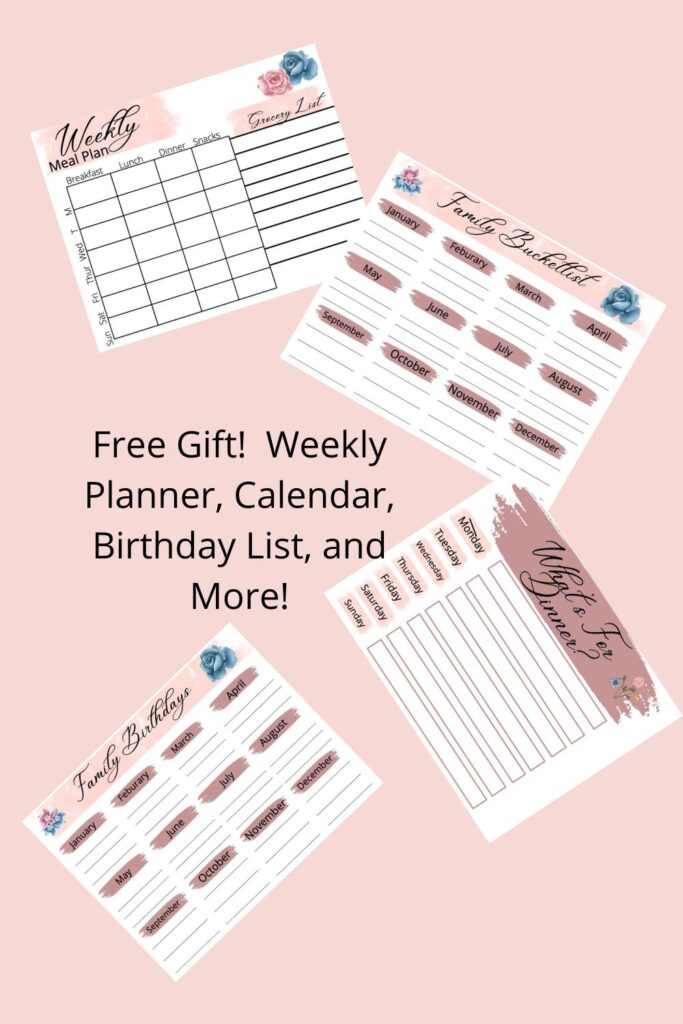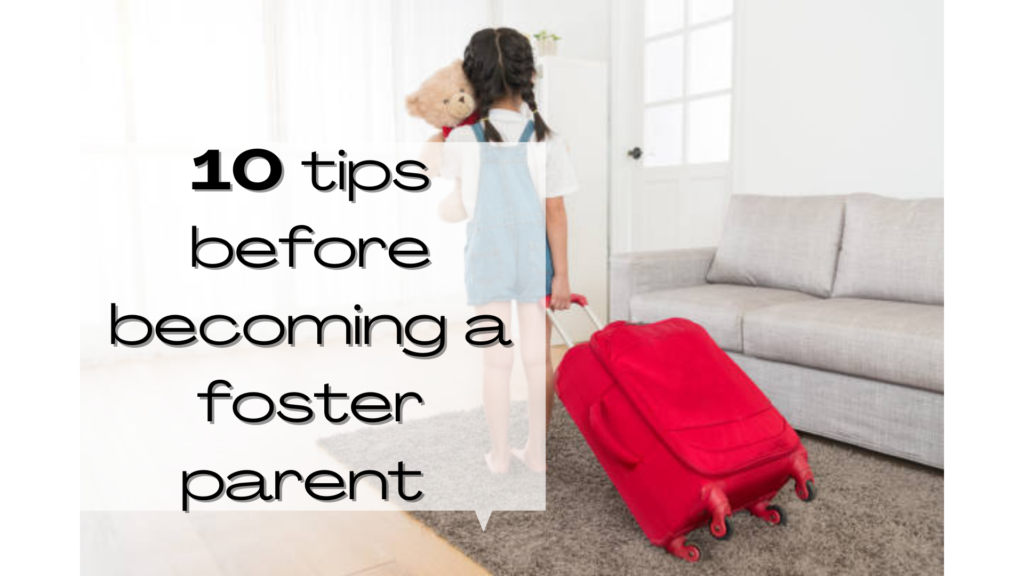
Foster parenting can be a hard but rewarding job. I say job because it really is a lot of work but it is worth it in the end. Kids come into care broken, in pain, and confused most of the time. Their lives have been turned upside down and they are still developing so their capacity to understand what’s happening is very low depending on their age. Over the years I have discovered some tips and tricks that have helped me prepare to be the best foster parent I could possibly be for these children.
1- Do Research! It’s so important as a future foster parent that you do your research. I’ve been a foster parent in a couple of different cities and I can say that every place is different. Before I became a foster parent I didn’t know what to expect but I read articles and did my research. The biggest thing you have to decide is if you are going through the state or through an agency. I can’t emphasize enough how much I love to work with agencies. The perks are ginormous when it comes to the social workers. When you are working with some one in an agency you have someone who will advocate for you and can help with resources. They are a huge support for your placement. Make sure you talk with people working with different agencies and do your research into which one is the best one for you and your family. You will want to take notes with all the information you gain. Here’s a place you can do that!

2- What am I/we capable of taking? I think onw of the hardest decisions that have to be made by foster parents is what they realistically can handle. You do a disservice to yourself and the children if you get a child with behaviors you don’t know how to handle or a child with special needs you are not equiped for. Many foster parents will burn themselves out when they are not realistically prepared for what comes with care. If you only have a tiny room you can’t take 10 kids. Sit down with yourself or significant other and make a list of children that you would be prepared to handle. Answer the question at my most stressed out moment will I cause more trauma to a taumatized kid or do I have tools to be able to handle it? The last thing we want to do is to cause more trauma to a child who has already gone through so much. If you are thinking that won’t apply to me I’m planning on adopting a baby. I can tell you (since I adopted my daughter, who was a baby at the time) they still come with behaviors and issues you will need to be prepared to work with.

3- Analyze your living situation– One of the big things that social workers look at is your living conditions. Is this a safe place for children? Is there enough room for everyone? When you start your journey you need to look at what you are capable of handling. Many states will allow a baby to be in your bedroom but children of a certain age must have a seperate bedroom. They can share a room with another child but it must be seperate from the parents. Often times you will get offered sibling sets because they don’t want to seperate brothers and sisters. You need to know if you not only have the space but are willing to take on the challenge of having multiple siblings. It’s ok to know your limits and know what you can and can’t offer.
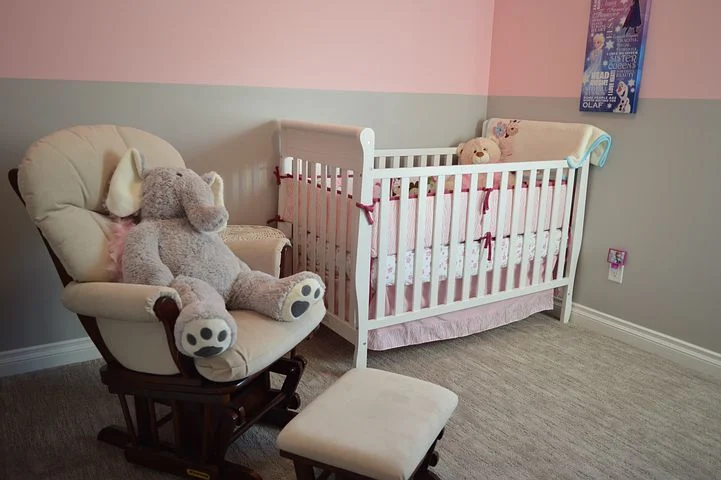
4- Read books on parenting and trauma– I am looking at my shelf right now and I can’t tell you how many books I have on parenting and trauma. I’ve read so much over the last 10 years and I know there is still more that I need to learn. I believe that more we are armed with tools to help these kiddos the better they have a chance to make a lasting change. First, I suggest work through your own pain because I can guarantee these kids will hit every pain point you have and will make you jump. A parenting book that has been so important to me has been Loving Your Kids on Purpose. This book works off of the Boundaries book which I really recommend you buy and keep for reference. When it comes to stories of kids and why they land in care The Lost Boy is such a powerful story of abuse. I often would think “If this kid was in my care how would I create a healing environment for him?” A book that forever changed the way I saw parenting a traumatized child was When Love is not Enough. It gives you some practical ideas when you have children who have high behavior needs. I could name so many books but these are such a good start. Make sure you are armed with good information and ideas before you bring a child into your home because they will be a very different child to parent then birth children.

5- Beds and Bedding- I know it seems like a no-brainer but I’ve heard of some foster parents not having any place for foster kids to sleep so they end up on the floor. Here’s the deal I always treat these kids as if they came from my body. If I wouldn’t do it for a biological child I for sure won’t do it for a foster kiddo. What I mean by this is that I’m going to take the time to buy a beautiful bed or crib for the child coming into my care. I am on purpose going to think about soft sheets and bedding so they sleep in comfort. I will spend the money and take the time to care for these children the way they deserve to be treated. These kids are not a payday they are human and deserve to be treated as such. Look at what you have on hand and depending on the age make bedding arrangements necessary for the child to sleep in comfort. Most foster children come into care having horrible sleeping experiences. They might have been sexually abused at night, not had a sanitary place to sleep, starving before sleep, or beaten before or during sleep. Nights can be scary and traumatizing make it as easy as possible. Walmart is a great place to get all that you need quickly!

6- Fire Extinguisher- Before you get a foster child you will have a list of so many things that you need to get and rules and requirements for a child to be in your home. One main one is a Fire Extinguisher. They are sometimes pricy depending on what you get but you should just go ahead and get one even before you start the journey. It’s something everyone needs anyway but it will for sure be on the list that the social worker goes through when inspecting your house for kids in care.
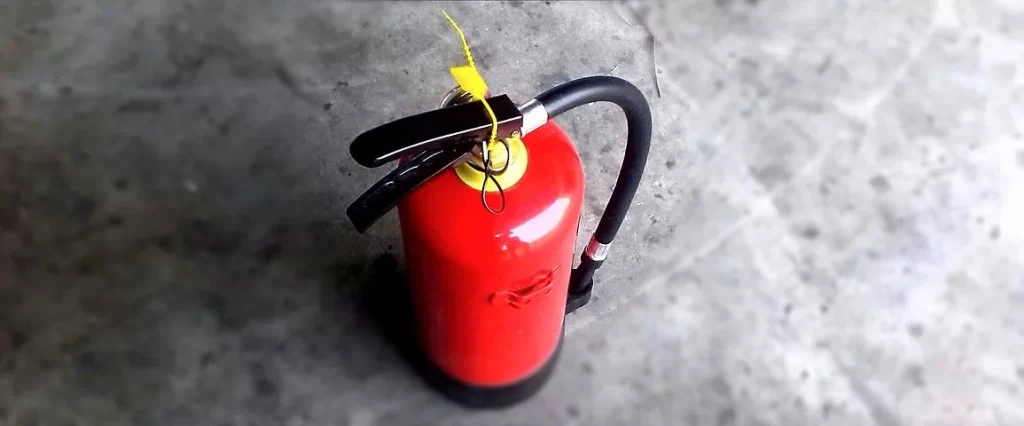
7- Padlocks and Toolboxes- I know what you are thinking…. why padlocks? Nope, you can’t use it to keep kids in their rooms but it is used to keep dangerous things away from the kids! One of the easiest things I did was get large a large plastic toolbox to put all of my dangerous meds, cleaners, and knives in. Then I just padlocked it shut. This fulfilled the requirements for the state on having all the dangerous things inaccessible to the children. It was a bit inconvenient when cooking dinner but it worked. I didn’t have to hunt everywhere for the items I needed I knew they were all in one place. These things are easy to get right away.
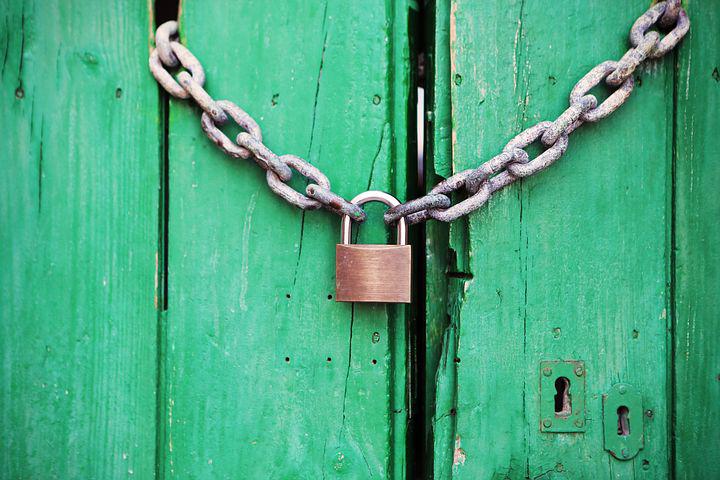
8-Soaps/ Shampoos/Lice Kit- Get ready for sometimes dirty kiddos. Depending on if they are coming from another foster home or directly from their birth parents it is always a good idea to have soaps and lice kits on hand. The reason why kids come dirty is mostly neglect. Even for birth children, there’s something about a bath that helps to relax and calm them. Sometimes children in care have had trauma around water. Make sure that when you are bathing them you take cues from them. If they are scared of water make it a game. Grab a soft wash cloth and do a washcloth bath with them in very shallow water or just having them stand by the tub. It might take several consistent tries before they are comfortable enough to step into the water. Here’s a three-in-one soap that is good! Also always a good idea to stock up on lice soap. This is mostly for older children but my 5-week-old daughter came to me with lice in her hair. I had to call the doctor about what to do because I couldn’t figure out what to do. Here are some great options for lice treatments. Make sure you treat it right away. I got lice from my daughter and it took a while to get it out.

9- Art tools- One thing I know about kids is that when they come into care they need to express what is happening to them. One great way is by art. Have on hand something for them to draw with like crayons and paper. For older teens, I always give them journals and pens when they first come into care until I can find out what they like more specifically to them. It’s so important that you give them a way to express themselves so that they can become comfortable with putting their emotions onto paper. I also love the fact that they get to draw and express themselves through art. It’s such a healing medium.
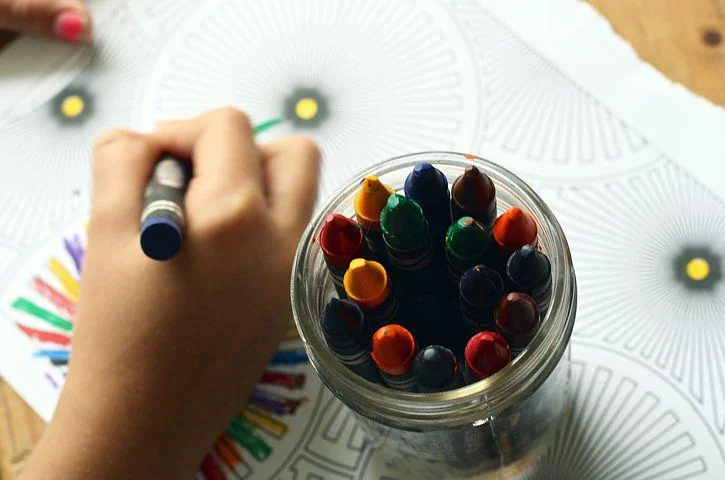
10- Snacks- Before kiddos come into your home I would invest in a box store membership. The reason why is that you will be feeding those kiddos and you will need so many snacks. Depending on their specific trauma their relationship with food may not be a healthy one. Either they were fed too little and in some cases were fed too much or not healthy options. These are all important things to know when you get a child in care because there will be a lot of tension around food times. Most foster kiddos I’ve gotten have not seen a vegetable that wasn’t canned or in its original form. When introducing foods don’t force foster kids into eating everything served to them. Help them acclimate by giving them things that are familiar and then slowly introducing new foods. I have a rule where they have to have at least one bite of something new to see if they like it. I also always say ” I never make yucky food ;)” This always makes them laugh. I always will have a pantry full of snacks and I let the kids choose whatever they want whenever they want at the beginning. Then we make gentle rules around food. Every situation is different so feel it out with your children.

If you are wanting to get my Free Gift sign up for the newsletter below!
